In today’s fast-paced world, the convergence of health, technology, finance, and travel has drastically transformed the way we live. These sectors are not isolated; instead, they constantly influence one another. Whether slot777 ’s through wearable health devices, fintech advancements, or technology-driven travel experiences, the lines between these domains are increasingly blurred. In this article, we will explore the intersection of these four industries and how they collectively shape our lifestyle.
Health and Technology: A New Era of Wellness
Maintaining a healthy lifestyle is crucial, but in the modern world, technology has revolutionized the way we approach health. From fitness trackers to telemedicine, innovations are enabling individuals to take control of their health like never before.
Wearable Health Devices
One of the most prominent examples of health and technology merging is the rise of wearable health devices. Wearables such as smartwatches and fitness bands have become essential tools for health-conscious individuals. They track a wide range of vital data, including heart rate, sleep patterns, calorie expenditure, and even stress levels. These devices often sync with smartphones, providing real-time data that helps individuals monitor their health status and make informed decisions about their fitness.
Leading brands like Fitbit and Apple Watch offer advanced features, such as heart rate monitoring, ECG readings, and blood oxygen level tracking. These features have allowed people to track their health metrics more accurately.
Telemedicine and Virtual Consultations
Apart from wearable devices, telemedicine has revolutionized how people access healthcare services. Virtual consultations and remote patient monitoring allow individuals to consult doctors without needing to visit a clinic physically. This is especially crucial in regions where healthcare access is limited or for individuals with busy schedules.
The use of artificial intelligence (AI) and machine learning (ML) has further enhanced telemedicine services. AI-driven solutions are now helping healthcare professionals make more accurate diagnoses and treatment plans, ensuring patients receive high-quality care from the comfort of their homes.
Finance and Technology: The Rise of Fintech
The finance industry has also witnessed remarkable changes due to the rapid development of technology. The emergence of fintech (financial technology) has transformed traditional banking, investing, and personal finance management.
Digital Payments and Cryptocurrency
One of the most significant advancements in fintech is the evolution of digital payments. With the rise of platforms such as PayPal, Venmo, and digital wallets like Apple Pay and Google Pay, people now have a seamless way to transfer money, pay bills, and shop online without the need for cash or physical cards. These payment systems have become ubiquitous, especially in the wake of the COVID-19 pandemic, where contactless payments are encouraged for safety reasons.
Cryptocurrency, too, has gained immense popularity in recent years. Bitcoin, Ethereum, and other altcoins are now commonly traded, and many businesses are accepting cryptocurrencies as payment. While cryptocurrencies remain volatile and speculative, they have introduced an entirely new paradigm in how people think about money and transactions.
Robo-Advisors and Automated Investing
Another fascinating aspect of fintech is the rise of robo-advisors. These AI-powered platforms provide users with automated, algorithm-driven financial planning services, including investment advice. Robo-advisors like Betterment and Wealthfront use data and advanced algorithms to suggest personalized investment portfolios for users based on their financial goals and risk tolerance.
The ability to manage investments through a robo-advisor without needing to pay high fees to a financial advisor has democratized investing, making it more accessible to people who were previously excluded from the investment landscape due to cost or knowledge barriers.
Travel and Technology: A Revolution in Mobility
The travel industry has seen its fair share of technological disruptions in recent years. From flight booking to personalized travel experiences, technology has completely reshaped how we plan and enjoy our trips.
Online Booking Platforms and Mobile Apps
Gone are the days when travelers had to visit a travel agent or book their flights and accommodations through complicated methods. With the advent of online booking platforms such as Expedia, Booking.com, and Airbnb, planning a trip has never been easier. These platforms allow users to compare prices, read reviews, and instantly book everything from flights and hotels to rental cars and local activities.
Additionally, mobile apps have made travel more convenient. Apps like Google Maps, Uber, and TripAdvisor provide real-time navigation, transportation options, and personalized recommendations for things to do. These apps have become indispensable tools for modern travelers, helping them navigate unfamiliar destinations with ease.
Virtual and Augmented Reality in Travel
Another exciting innovation in the travel industry is the use of virtual reality (VR) and augmented reality (AR). These technologies have the potential to revolutionize how travelers explore new destinations. Virtual reality allows users to experience destinations and activities without leaving their homes, while augmented reality enhances physical travel experiences by providing real-time information and interactive experiences.
For example, tourists visiting historical sites can use AR-powered apps to view historical reconstructions or interactive guides that provide deeper insights into the location. This technology not only enhances the tourist experience but also enables a more immersive understanding of the places they visit.
The Future of Health, Technology, Finance, and Travel
As we look toward the future, it’s clear that the intersection of health, technology, finance, and travel will continue to evolve. The integration of cutting-edge technologies like AI, blockchain, and 5G.
In health, we can expect even more personalized wellness solutions powered by AI, with devices becoming even smarter and more integrated into daily life. On the financial front, blockchain technology could lead to even more secure and transparent transactions, while the rise of decentralized finance (DeFi) could further disrupt traditional financial systems. In the travel industry, the integration of AI, IoT, and smart cities will create an even more seamless, connected, and personalized travel experience.
Conclusion
The fusion of health, technology, finance, and travel is not only transforming industries but also shaping the way we live and interact with the world. With each technological breakthrough, these industries will only become more interconnected, offering individuals greater convenience, efficiency, and opportunities. Whether you’re focused on maintaining your health, managing your finances, exploring new destinations, or adopting the latest tech innovations, it’s clear that the future is bright, interconnected, and full of possibilities.
The Interplay of Health, Technology, Finance, and Travel: A Modern Perspective
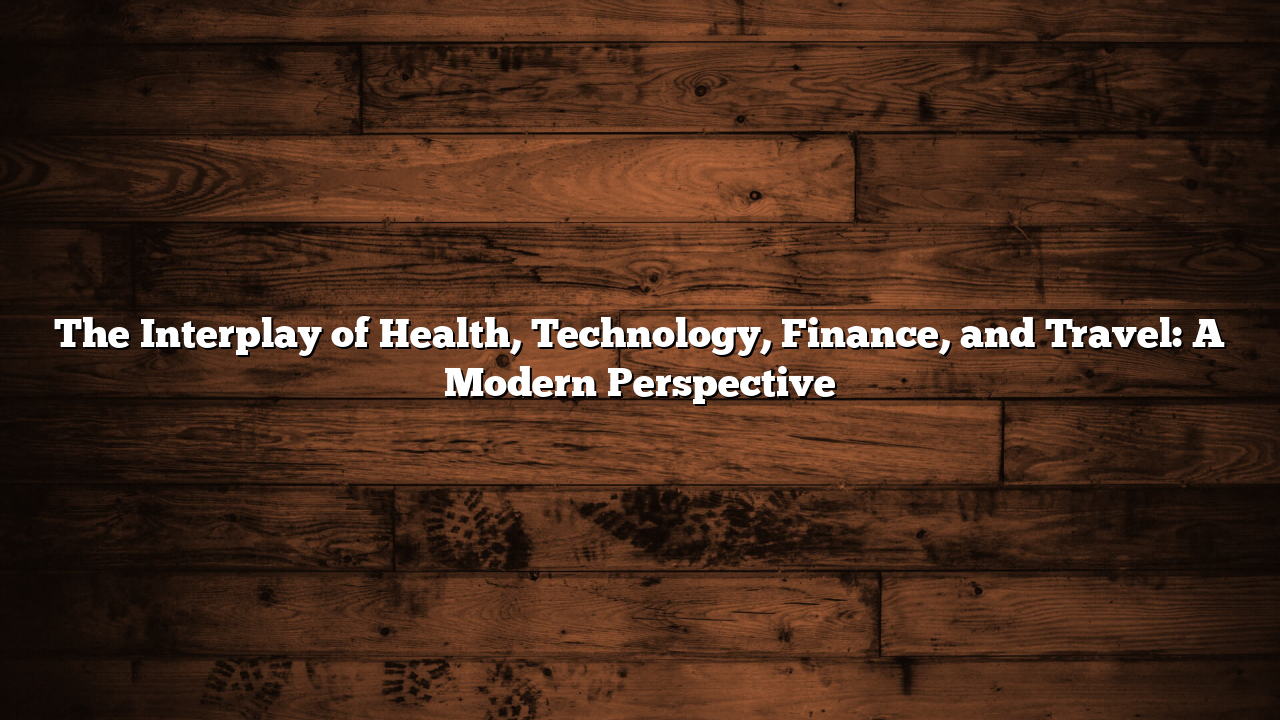
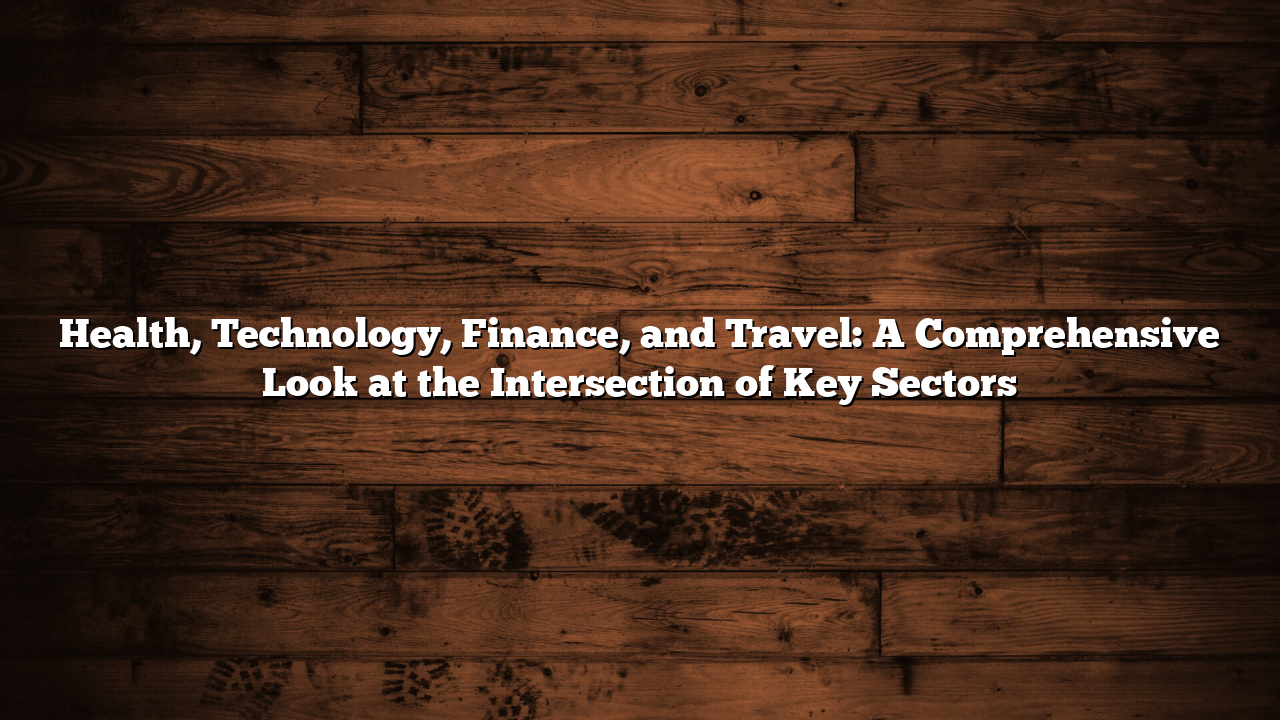
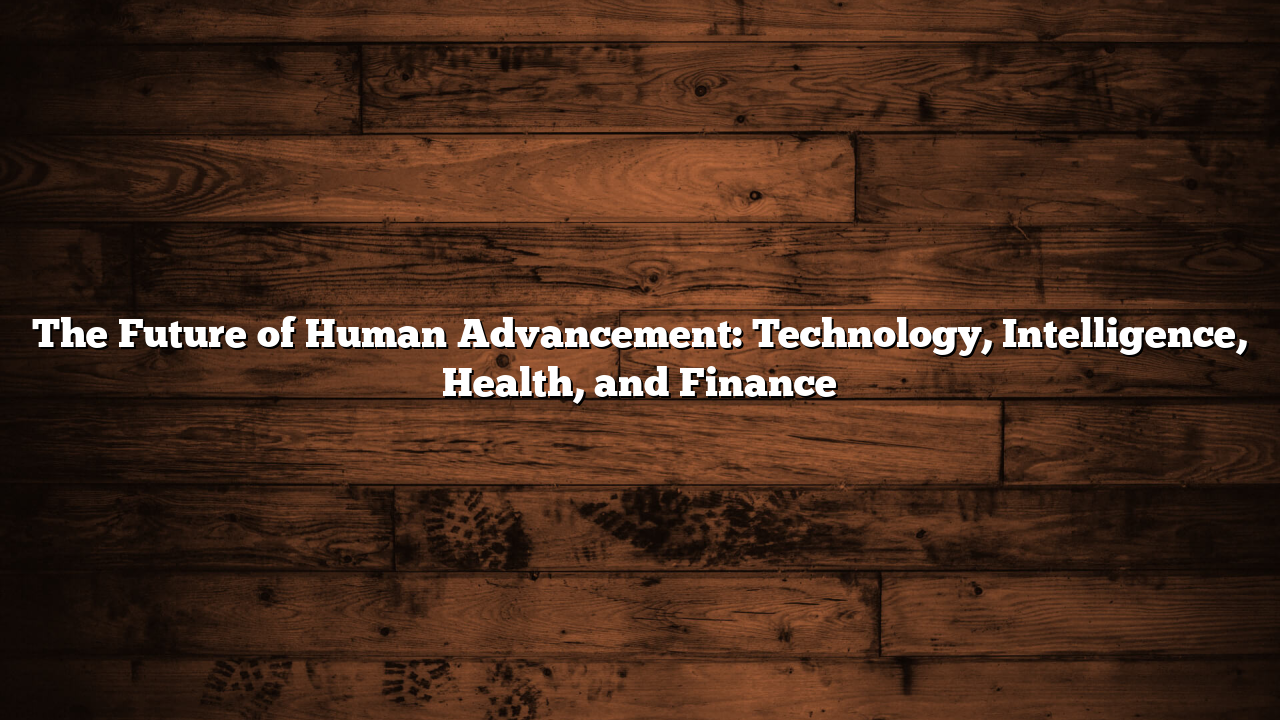
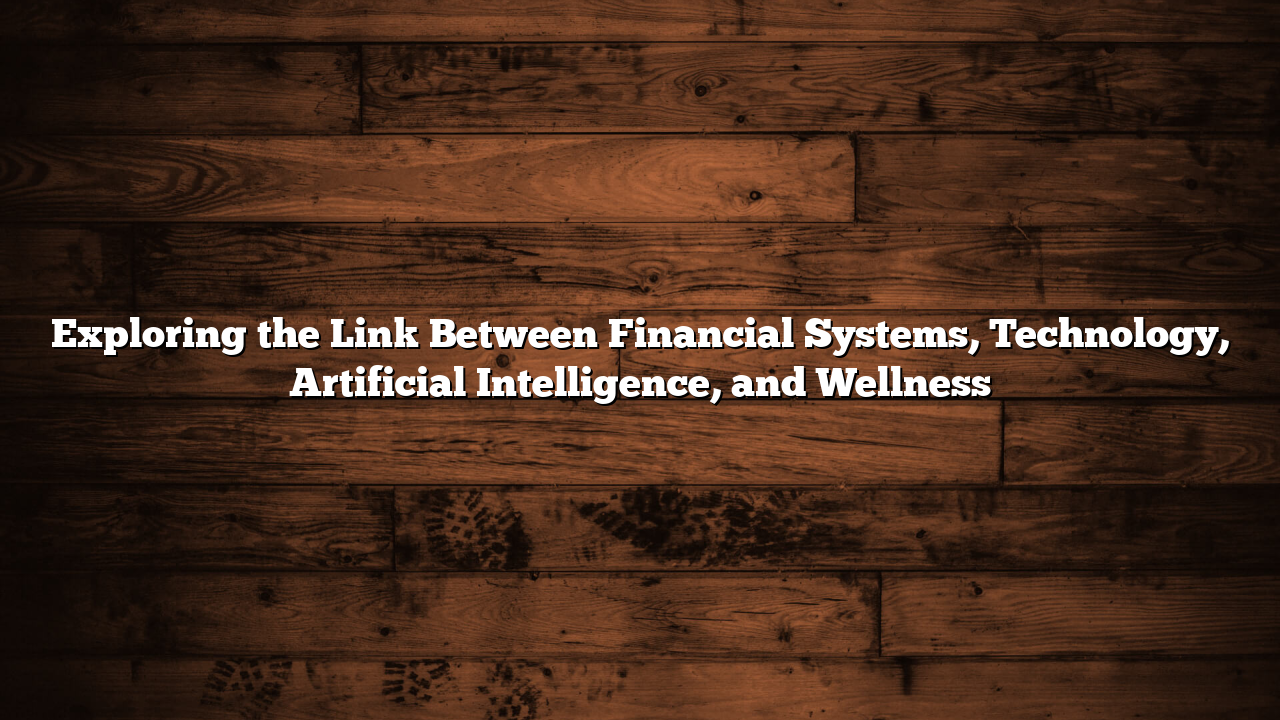

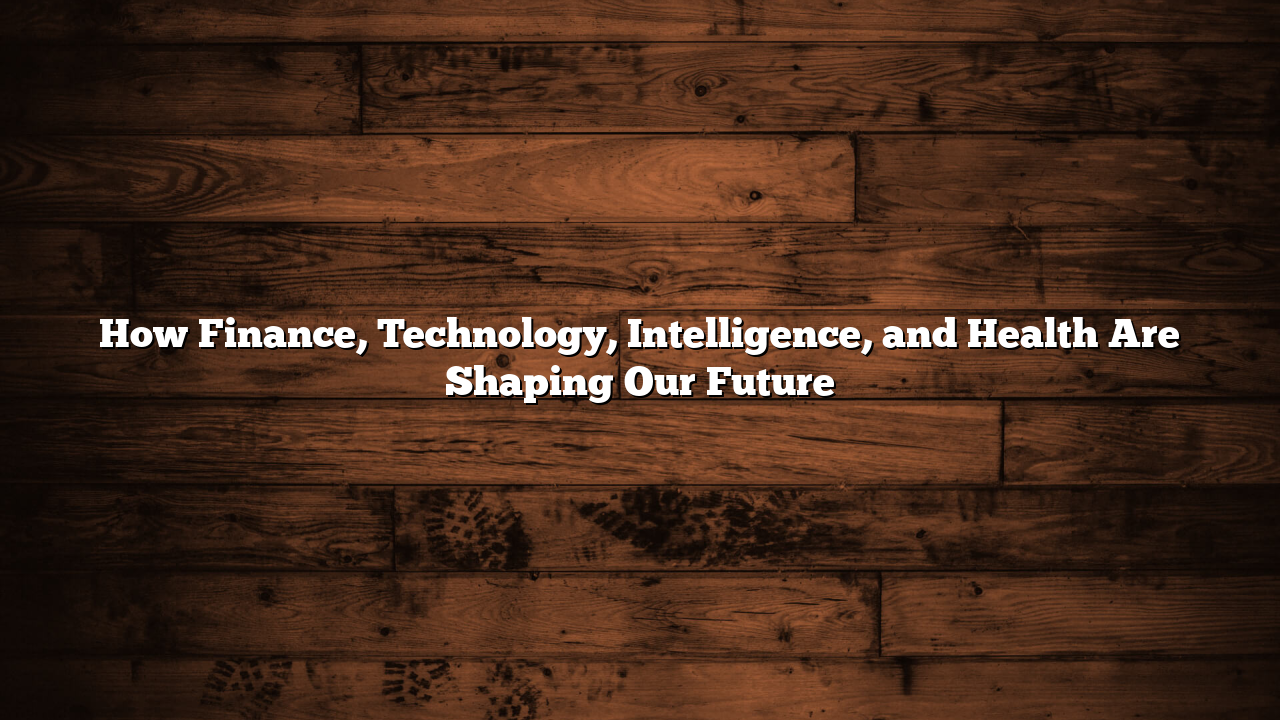
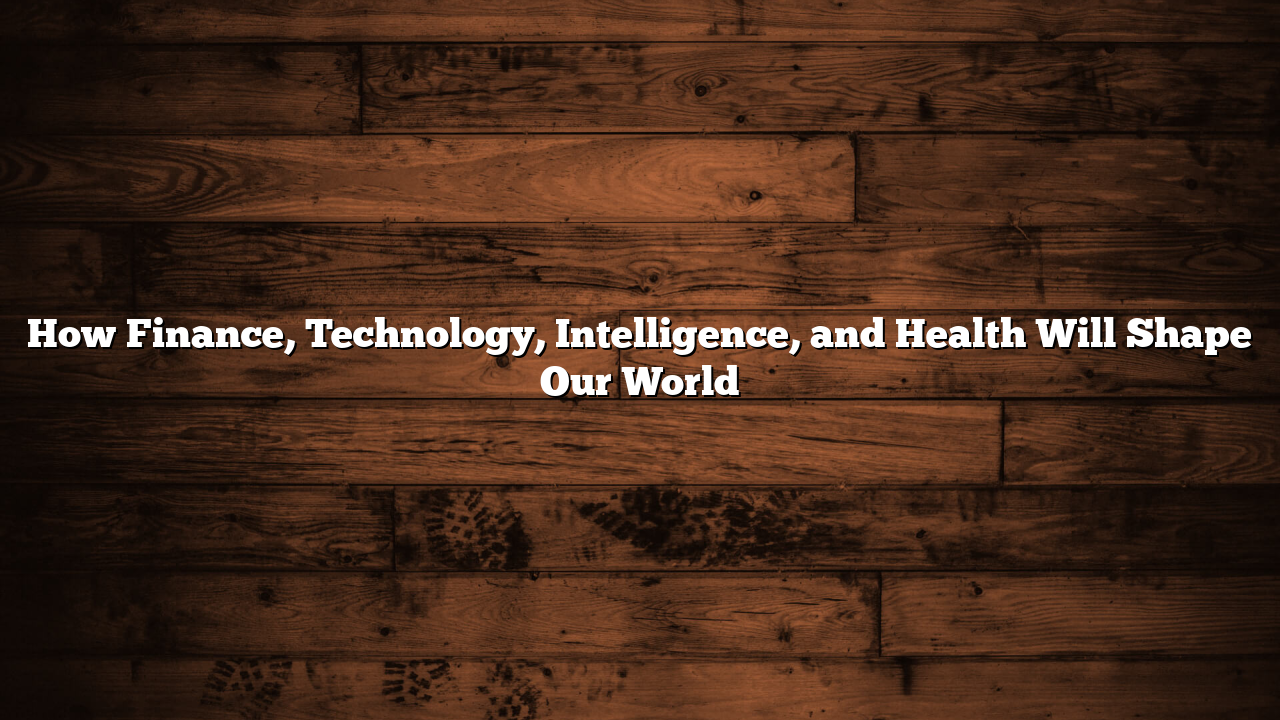
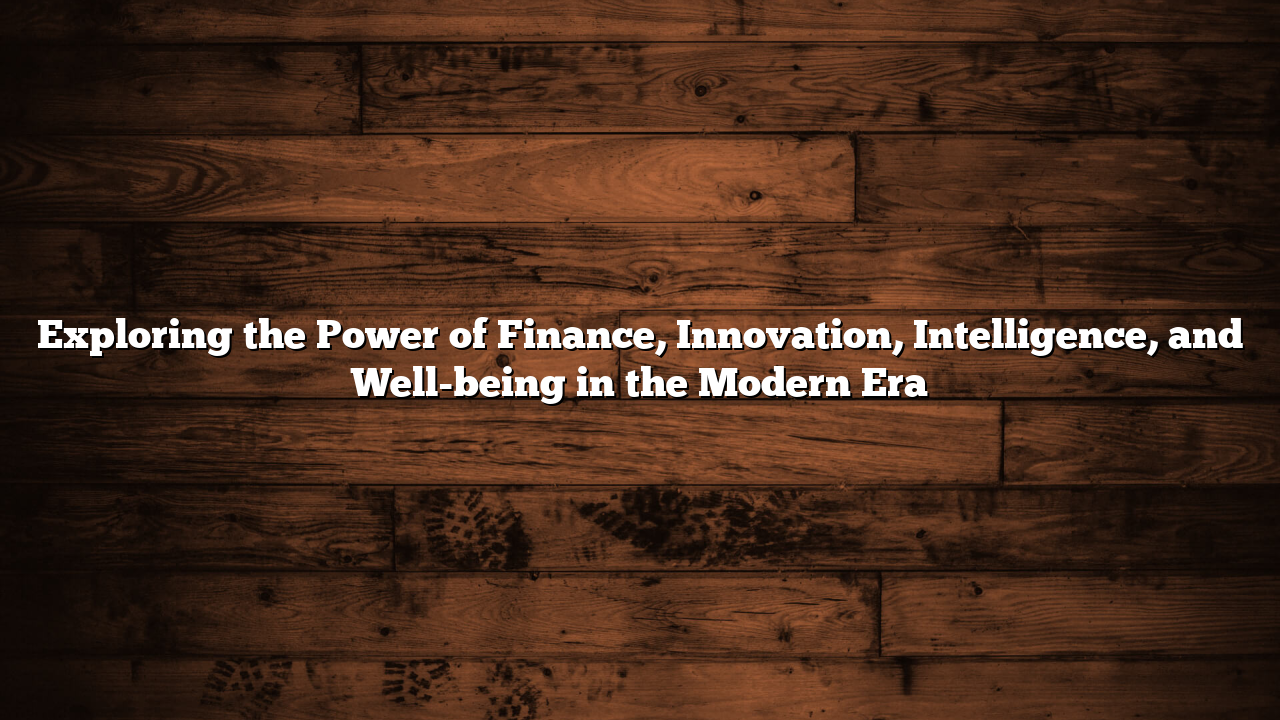
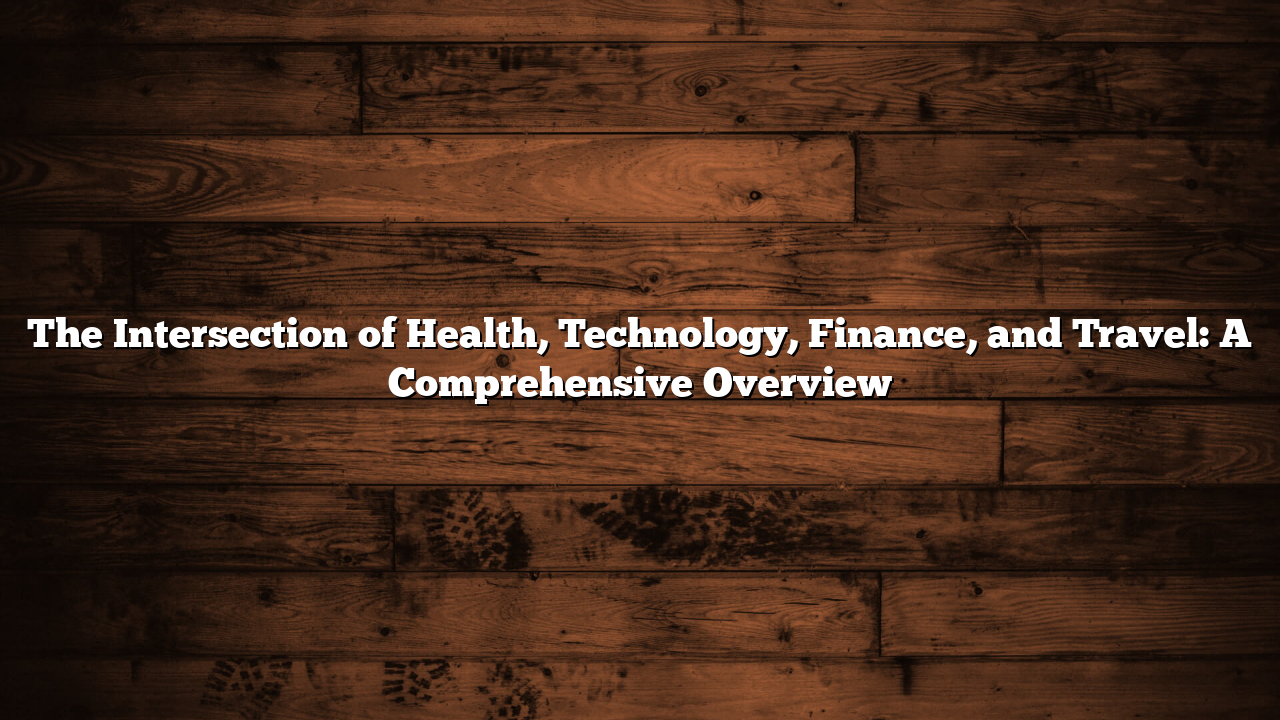
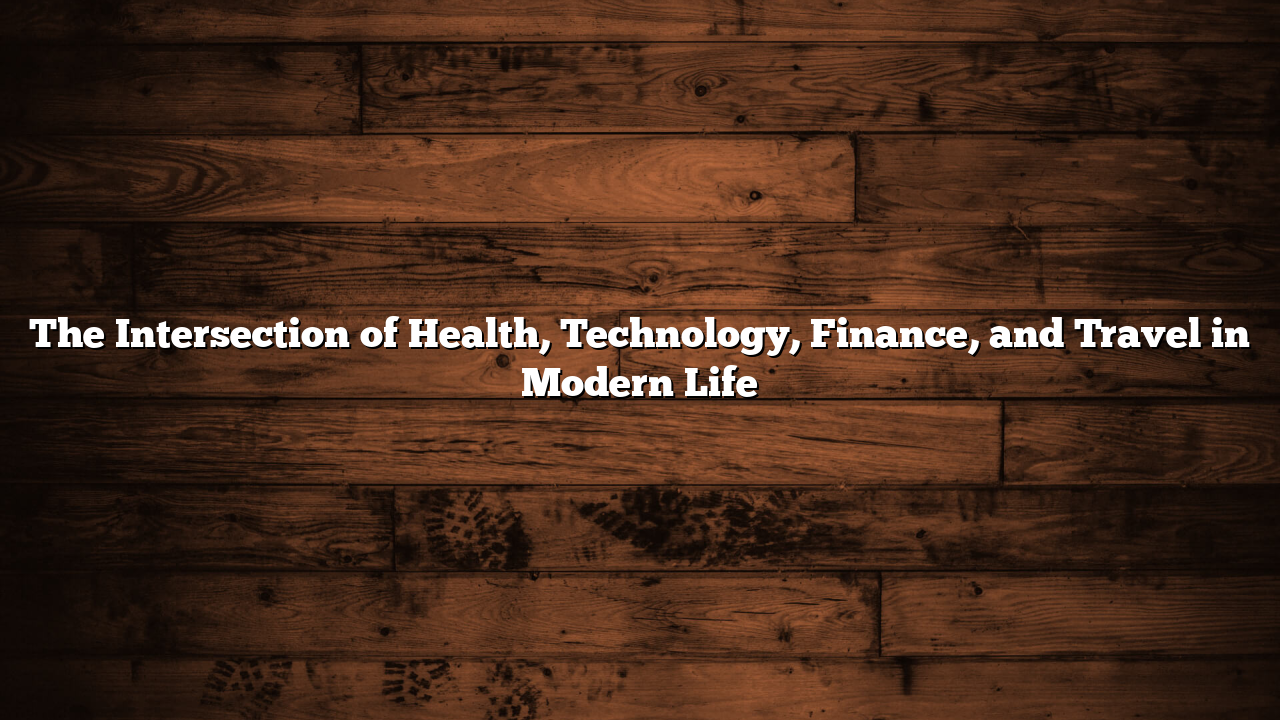
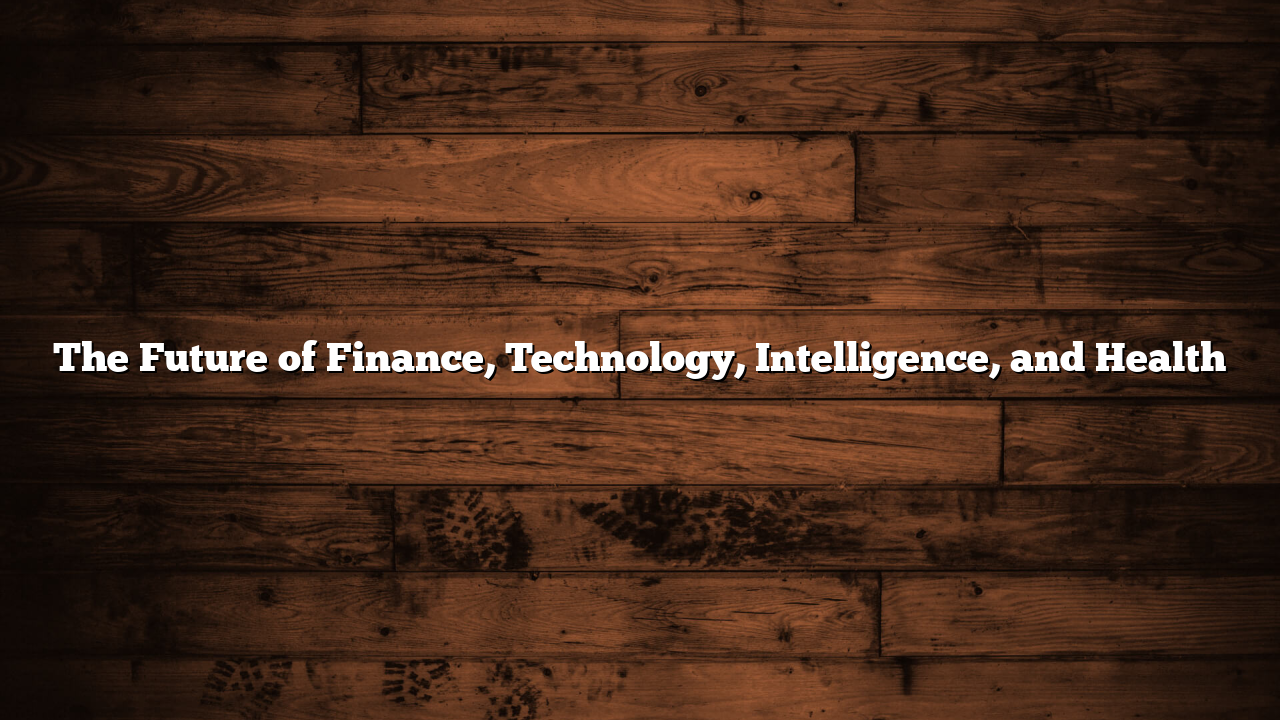
Leave a Reply